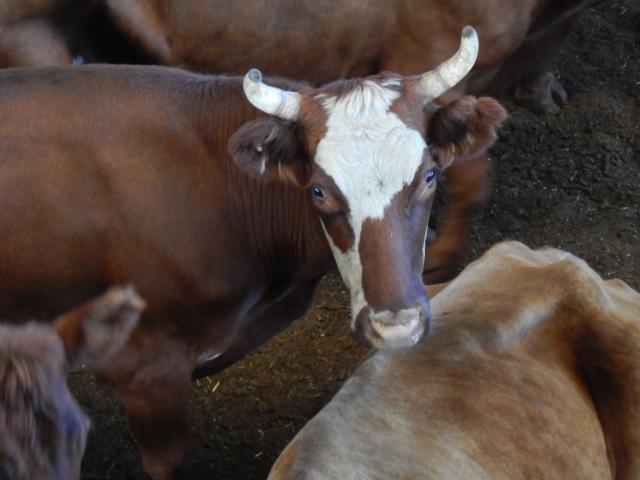Producers reminded to inspect livestock thoroughly
Stock owners are reminded to regularly and closely inspect livestock and treat any issues after a landholder was recently fined a total of $20,000 in the Busselton Courthouse for offences under the Animal Welfare Act 2002 (the Act).
The offender entered a plea of guilty to two charges of cruelty under the Act, relating to two steers with ingrown horns.
For each animal, the landholder in the City of Busselton was convicted of failing to take reasonable steps to alleviate harm. He was also ordered to pay legal costs of $744.
The convictions relate to events in October and November 2016. On two separate occasions, the landholder failed to identify and treat cattle with horns which had grown into the animals’ head.
The cattle were instead sent to an abattoir in the South-West of Western Australia. The animal’s condition was reported on each occasion to the Department of Primary Industries and Regional Development’s (DPIRD) Livestock Compliance Unit.
The first animal, sent in October, had an ingrown horn which had penetrated to a depth of almost three centimetres and led to an infected, chronic wound on its cheek.
The second animal, sent in November, had an ingrown horn which had penetrated to a depth of two centimetres at its deepest point. Tissue surrounding the wound was significantly swollen.
Both injuries associated with the ingrown horns were assessed as being of some duration in time, likely weeks.
The conviction is a reminder to anyone keeping animals that they are required to continually and closely monitor them to identify any potential animal welfare issues.
The Model Code of Practice for the Welfare of Animals: Cattle states that any inward growing horns likely to penetrate or contact facial features should be trimmed appropriately.
This is a straightforward procedure but if there is any doubt, a veterinarian should be consulted for advice.
In addition, all animals to be transported should be inspected to ensure they are fit to travel. Transporting unwell or injured animals is likely to cause additional, unnecessary harm.
For more information about the department’s animal welfare responsibilities, visit the department’s website.
To report suspected cruelty to animals, contact the RSPCA on +61 (0)8 9209 9300 or 1300 278 3589 (emergencies only).
For more information contact Rick Bryant, Client Engagement Leader, South Perth on +61 (0)8 9368 3346.

